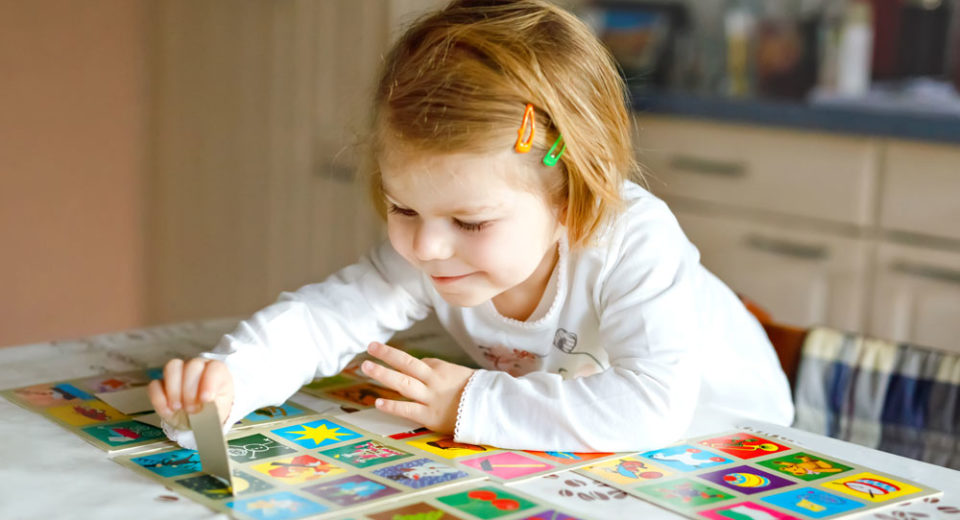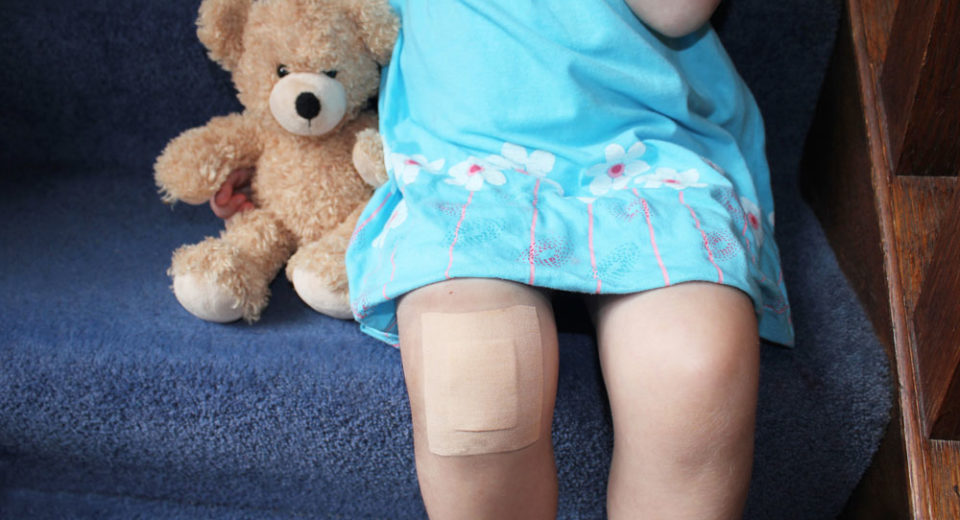Alternative seating for ADHD students
Sitting down and paying attention in class is one of the major areas of concern in ADHD population. These kids are known to act “as if driven by a motor” and may simply leave their seat and start walking around the classroom. Needless to say this entails a wide range of social and academic difficulties. […]











